Who’s Behind the Money?
This content is restricted to subscribers

This content is restricted to subscribers
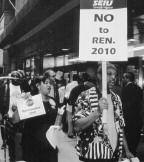
This content is restricted to subscribers
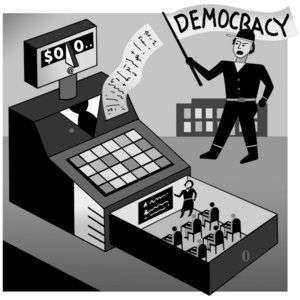
To build an effective movement against the top-down strategies that are ripping public education apart, we need to take a closer look at who wants reform and why.
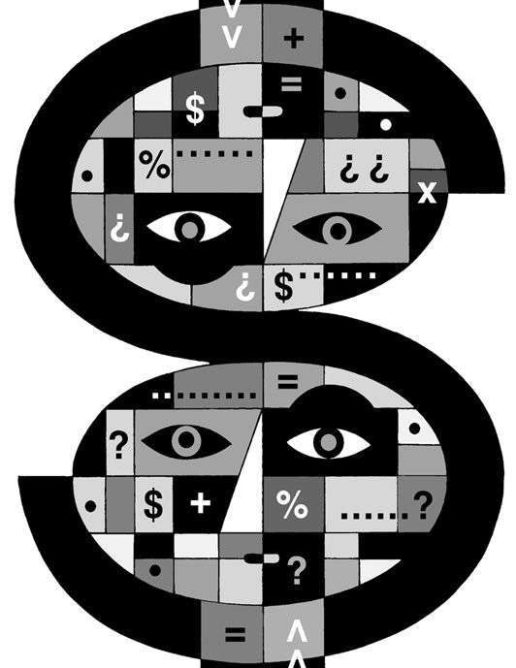
Any discussion of charter schools must ask not only whether charters promote a worthwhile vision of public education
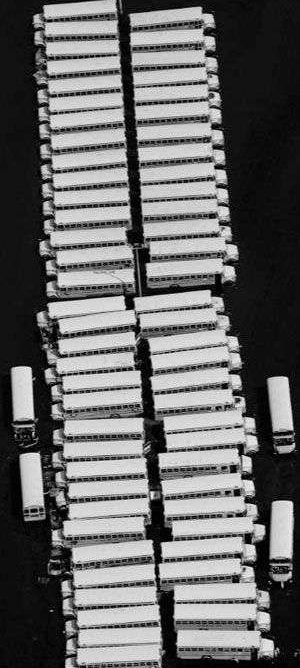
Before the floodwaters receded in New Orleans, conservative education reformers rushed in selling a market-based future.

One of the founders of a folk arts-based school slated to open in Philadelphia this fall hopes small schools can create possibilities for reclaiming communities.
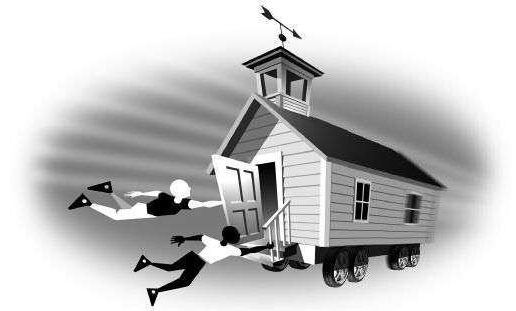
If we ignore race and money inequities, small school reform won’t help anything meaningful take root.
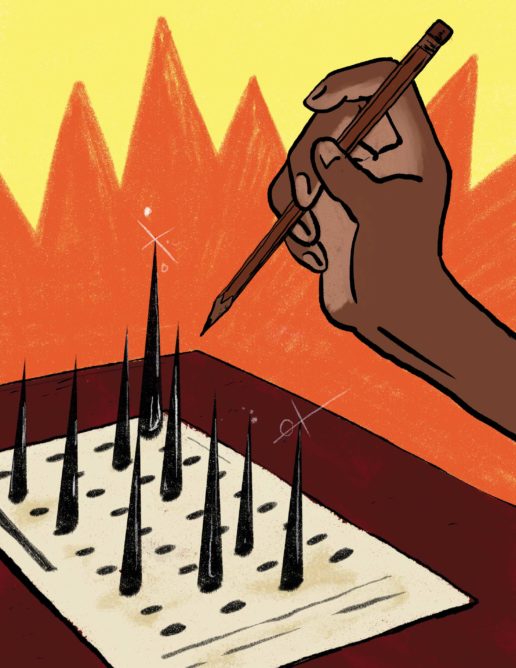
High-stakes tests have not only failed to achieve racial equality in schooling, they’ve also made it worse for students of color.
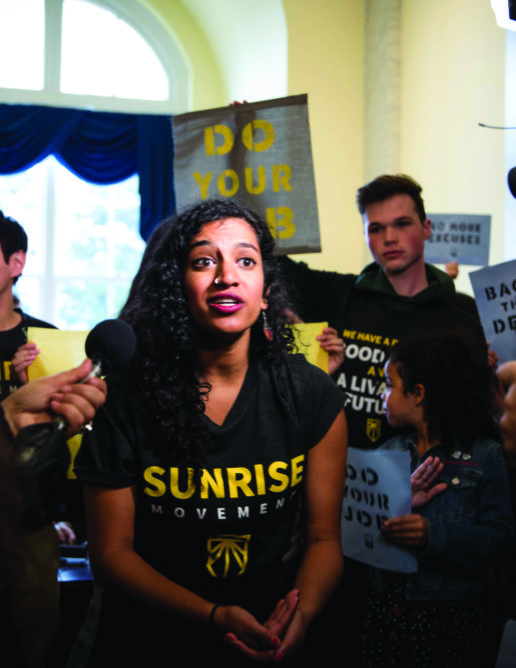
In the latest installment of our regular column “Earth, Justice, and Our Classrooms,” Rethinking Schools curriculum editor Bill Bigelow writes about global youth activism around climate justice and the urgency of the crisis, and introduces readers to the Zinn Education Project’s Teach Climate Justice campaign.
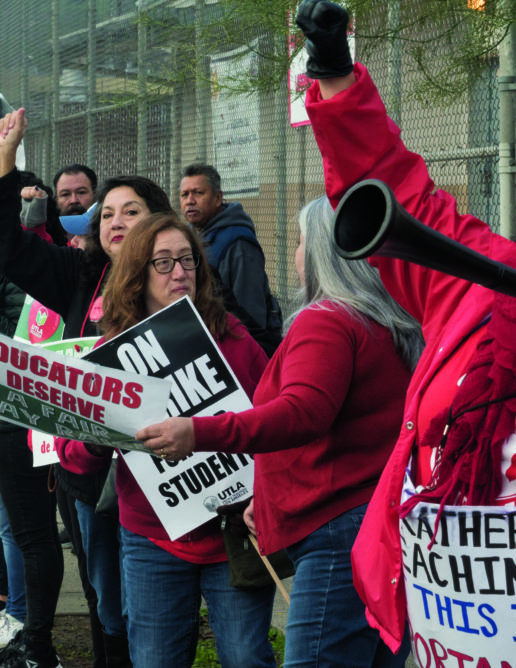
Rethinking Schools editor Jesse Hagopian interviews Gillian Russom, a teacher and leader with UTLA, about how the Los Angeles teachers’ strike was organized, what it won, and what it could mean for the future of the #RedForEd movement.
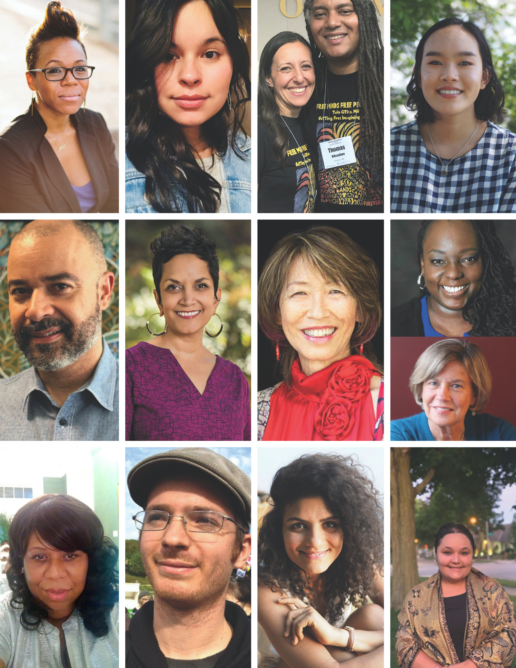
We asked a group of radical educators to weigh in on what they hoped would be part of any 2020 presidential candidate’s education platform.
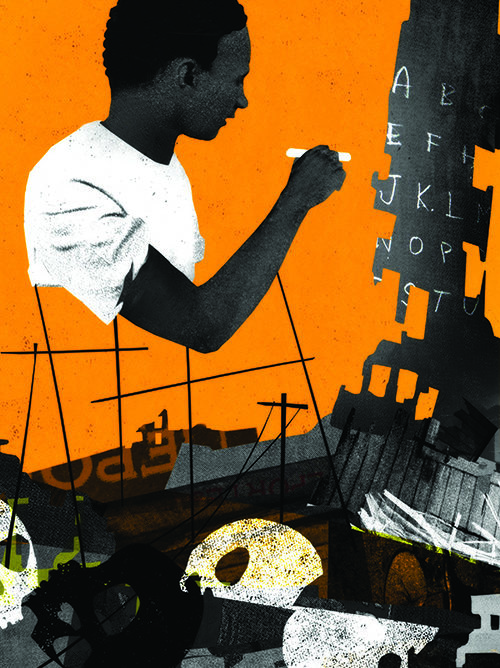
Immediately after an earthquake devastated Haiti in 2010, corporations swooped in to capitalize on the destruction and to privatize public enterprises. Hagopian explores how disaster capitalism hit the education system and what the effects were on students and families.
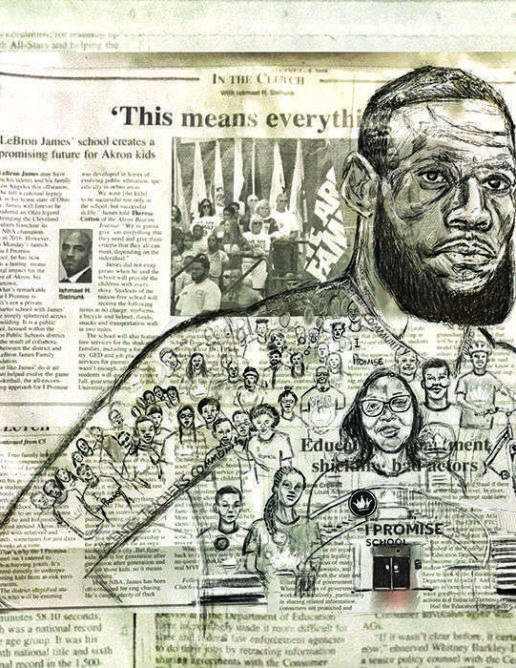
There are few public schools receiving as much attention these days as LeBron James’ I Promise School in Akron, Ohio — and it’s because it’s just that: a public school.
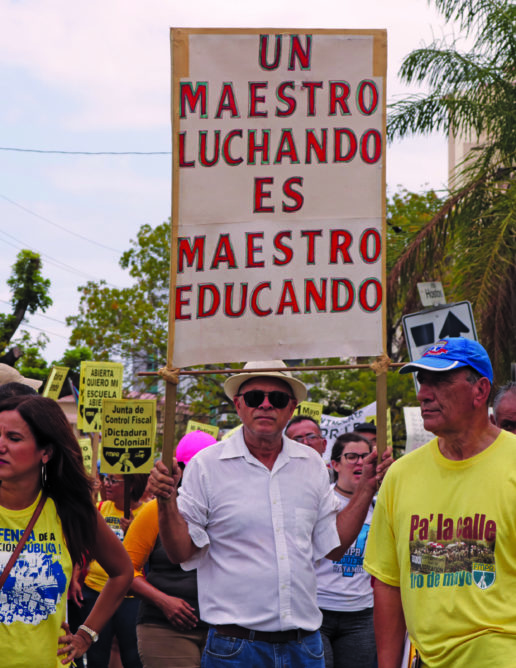
Union activists have been tirelessly organizing with communities, recognizing that these are the same stories of communities across the United States. The fight will go on, even as disaster capitalism on steroids wants to destroy the public education system.
SPECIAL REPORT: Education “reformers” are using the disaster in Puerto Rico to close hundreds of public schools and convert much of the school system to charters. But teachers, parents, and students are fighting back.
On a chilly day in the late fall of 2015, in the pews of the Old First Reformed United Church of Christ in the Old City Neighborhood of Philadelphia near the Delaware River, we sat, excited with anticipation, among nearly 200 participants at the second annual Philadelphia Caucus of Working Educators (WE) daylong convention. The nine members of our slate who would challenge existing union leadership in the upcoming election had just been announced and Ismael Jimenez, the nominee for vice president of high schools, took the mic:
We need to start shifting this paradigm. This paradigm that has us disengaged. Powerless. Beholden to interests that aren’t ours. They are treating us like objects. Things just happen to us. No longer can we sit in complacency. The victory that I’m talking about isn’t just a PFT [Philadelphia Federation of Teachers] election. This is a means to an end. And the end is justice.
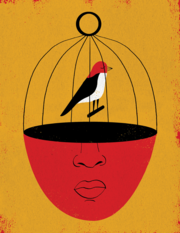
An education researcher explores “no-excuses” discipline policies and the rate of out-of-school suspensions at charter schools in Denver and around the nation. “Democracy is healthiest when our educational institutions reflect our best virtues — creativity, joy, and growth. We must strengthen our oversight over no-excuses charter schools, thereby ensuring that no child in that city — or our country — is subjected to policies that could have been culled from one of Denver’s neighboring prisons.”
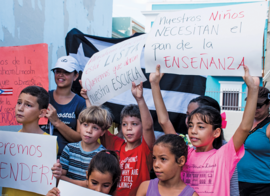
Puerto Rico’s teachers are resisting the onslaught of privatization efforts in the wake of Hurricane Maria.

Public schools face increasing scrutiny while private voucher schools are allowed to operate with almost no oversight. Why the double standard?
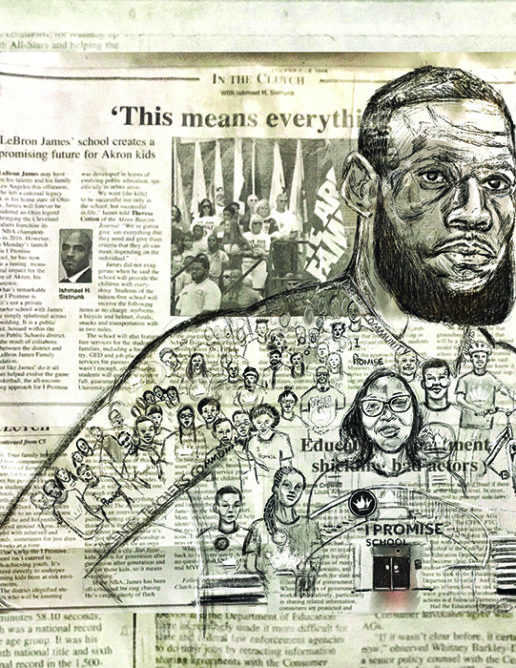
By Ari Bloomekatz There are few public schools receiving as much attention these days as LeBron James’ I Promise School in Akron, Ohio — and it’s because it’s just that: […]
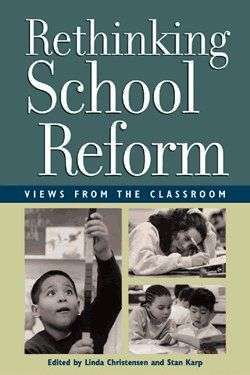
Rethinking School Reform puts classrooms and teaching at the center of the debate over how to improve public schools. Drawing on some of the best writing from the quarterly journal […]